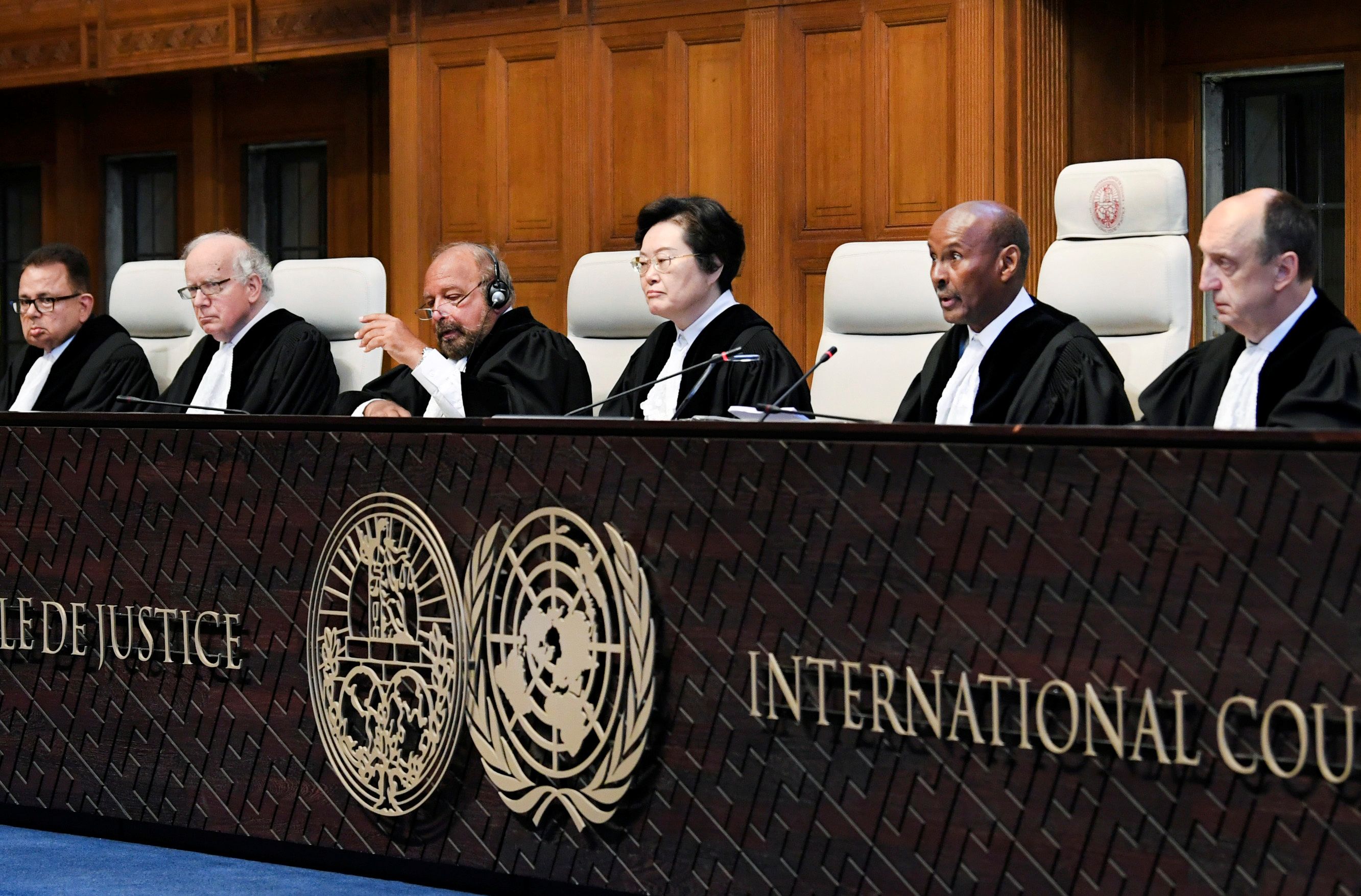The ICJ Judgment on Preliminary Objections in Ukraine v. Russia

In the ICJ case, what has Ukraine accused Russia of doing?
Ukraine charges Russia with violating two multilateral agreements. The first is the 1966 Convention on the Elimination of All Forms of Racial Discrimination. The claims are related to allegations of discrimination on the basis of ethnic origin against Tatars and Ukrainians in Crimea, including restrictions on their freedom of expression, association, and assembly, as well as the right to education and participation in cultural life. The second is the 1999 Convention on the Suppression of the Financing of Terrorism. The complaint refers to the fact that Russia is not effectively preventing Russian officials from financing terrorist armed groups (socalled “People’s Republics”) in eastern Ukraine and further, that it does not punish them for this activity. Ukraine has focused only on these agreements because they contain special clauses allowing one party to sue another at the ICJ even against their will. For the court to consider other issues, it will be necessary for Ukraine to conclude a separate agreement with Russia allowing the ICJ to hear the case, which is politically unrealistic.
What is in the judgment?
The court decided that Russia’s procedural objections are unfounded. The tribunal was obliged to examine these objections first, before others related to the substantive allegations, and if accepted, the proceedings would have ended and the merits of the case not heard. The Russian side argued that the Ukrainian complaint went beyond the issues regulated by the 1966 and 1999 conventions. It also claimed that, contrary to the obligations arising from these treaties, that Ukraine did not negotiate in good faith to resolve the disputed issues amicably or to submit them to arbitration or conciliation. In addition, according to Russia, Ukraine did not have the right to raise a charge of discrimination since the alleged victims should have asserted their rights first before Russian courts in Crimea (based on Russia’s claim to the peninsula).
What did the ICJ say?
The court rejected all of Russia’s objections. It pointed out that Ukraine’s negotiations with Russia concerning the violations of both agreements lasted for two years and made practically no progress, same as the talks about submitting the dispute to arbitration. It also stated that Ukraine had the right to lodge a complaint about discrimination in Crimea without having to resort to conciliation or for its citizens to defend their rights before Russian courts. This indicates Ukraine had taken care of the formalities which, if disregarded, would have led to the rejection of its complaint. This proves that it learnt from Georgia's defeat in a similar case against Russia concerning violations of the 1966 convention in regards to a case concerning Abkhazia and South Ossetia, decided in 2011.
What does the ICJ judgment mean in the larger picture and what are its consequences?
The verdict is a success for Ukraine in its legal battle to push Russia towards returning to respect of international law ahead of cases before such tribunals as the International Court of the Law of the Sea, the International Criminal Court, and the European Court of Human Rights. It increases the political pressure on Russia to cease its violations because the chances that the charges contained in the Ukrainian complaint will be upheld at the next stage—especially those regarding racial discrimination—are high. The final judgment will create much more pressure, but it may be expected to take two or three years at the earliest. Hence, it is important that Russia does not succeed in settling the situation in Crimea or the Donbas to its favour while also in violation of international law, for example, by forcing Ukraine to accept the annexation of Crimea before the ICJ verdict is issued.


